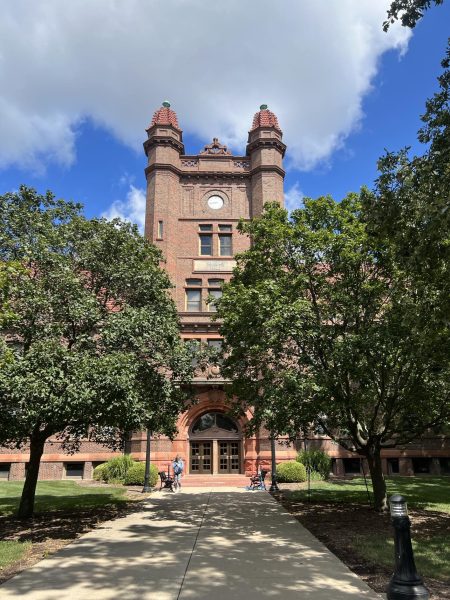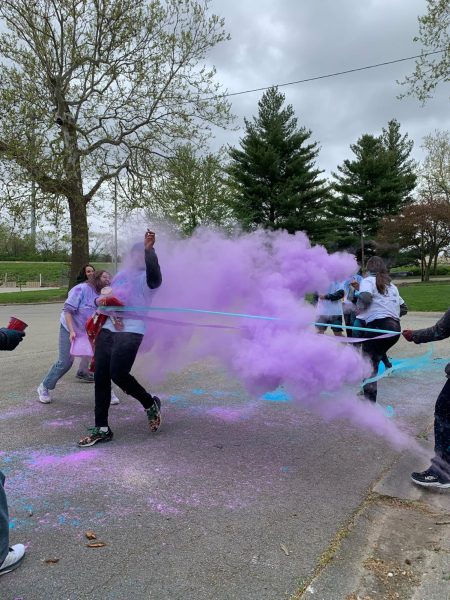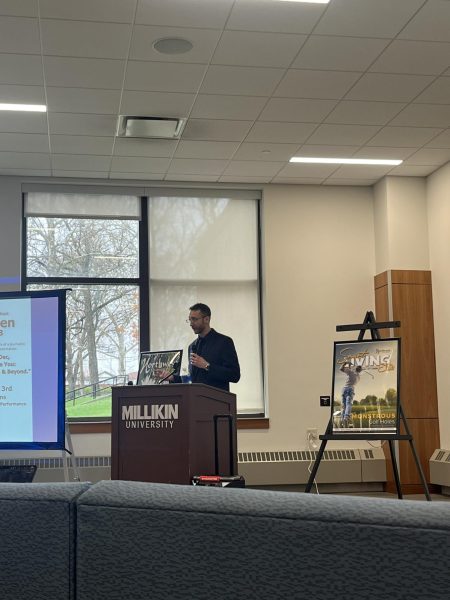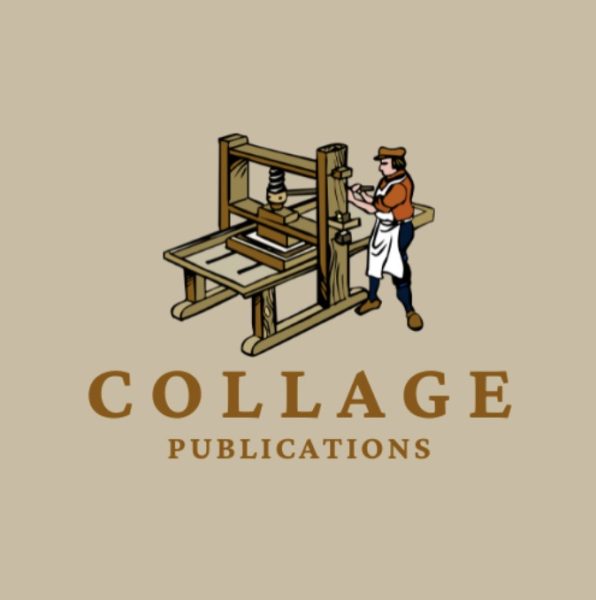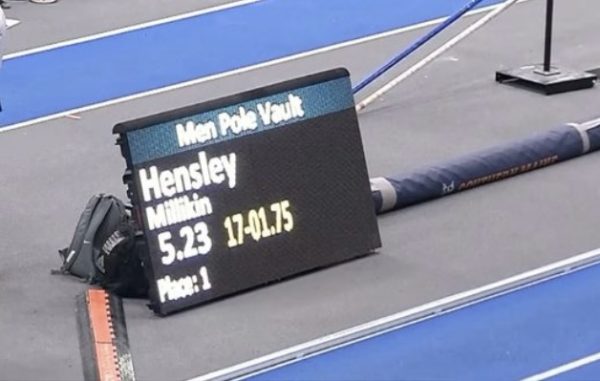Uber Violates Foreign-Bribery Laws
Uber Technologies Inc. is now under investigation by the U.S. Department of Justice. Uber is a well known ride-services company that was started eight years ago. The DOJ is investigating whether the company violated laws involving the bribery of foreign officials.
The DOJ is looking at allegations that Uber might have violated the Foreign Corrupt Practices Act. According to the DOJ, the Foreign Corrupt Practices Act (FCPA) that was created in 1977 makes it unlawful for certain classes of persons and entities to make payments to foreign governments officials to assist in obtaining or retaining business. The act addresses transparency requirements under the Securities Exchange Act of 1934. The act was created in response to investigations by the U.S. Securities and Exchanges Commission in the mid 1970s. These investigations revealed that hundreds of U.S. companies had made questionable or illegal payments that were more than $300 million to foreign government officials, politicians, and political parties. The reasons why were everything from trying to secure favorable actions, to ensuring that functionaries discharged certain minstrel or clerical duties. All of this led to President Jimmy Carter signing the act into being in 1977. In the ensuing years, the FCPA has been expanded once. The expansion made the anti-bribery provisions apply to foreign firms and persons who cause an act in furtherance of such corrupt payment within the borders of the United States.
There are two different government agencies in charge of enforcing the FCPA. The DOJ and the SEC are the two departments. As of 2012, they have a joint task force for investigating these matters. The enforcement of the FCPA has increased since 2010. There have been several notable cases. Such as in 2008, when Siemens AG had to pay a $450 million fine for violating the FCPA. This was one of the largest penalties paid for an FCPA case. In 2012, a Japanese firm, Marubeni Corporation, paid $54.6 million for FCPA. Marubeni Corporation was fined because from 1995 to 2004, an agent for the corporation that was a part of a task force, Technip, Snamprogetti Netherlands B.V., Kellog Brown & Root Inc., and JGC Corporation, won four contracts in Nigeria worth more than $6 billion as a result of paying $51 million in bribes to Nigerian government officials. In 2015, Goodyear had to pay more than $16 million to settle FCPA charges that generated from $14.1 million in illicit profits.
It has not been made clear exactly what incidents or countries the DOJ is looking at or when these violations may have occurred. Uber has stated that it is cooperating with the investigation.This is not the beginning of Uber’s legal troubles. Uber has been going through months of controversy and internal turmoil. Uber has just replaced its CEO with Dara Khosrowshahi.
Federal bribing investigations normally involve large corporations like Walmart. Startups from Silicon Valley are rarely the subjects of this kind of investigation. This investigation may trace back to the actions of Uber’s last CEO, Travis Kalanick. Kalanick gave Uber an aggressive reputation. Under his direction, the company was often aggressive in its relations with regulators. This was proven when it became known that the company had created a tool known as “Greyball.” This secret tool allowed drivers to avoid authorities in cities where the services were banned or under scrutiny.

